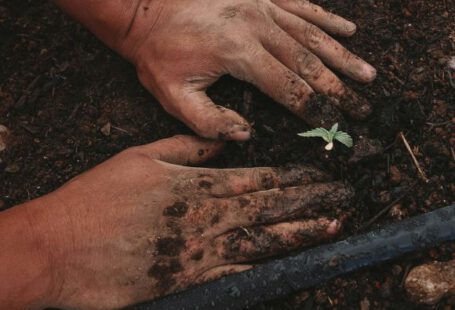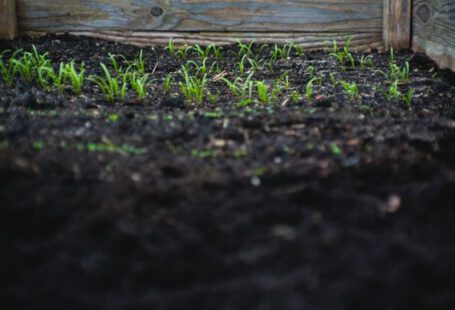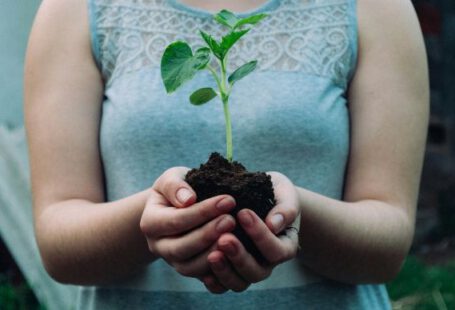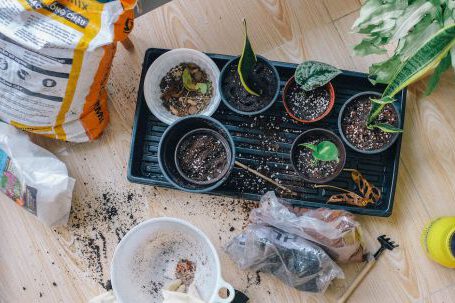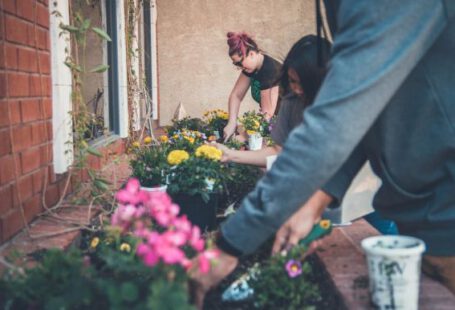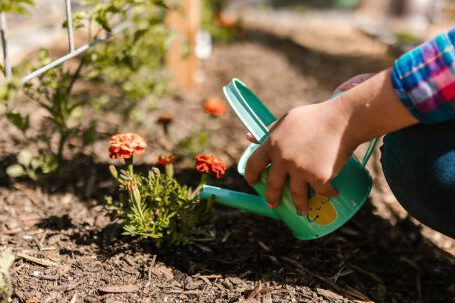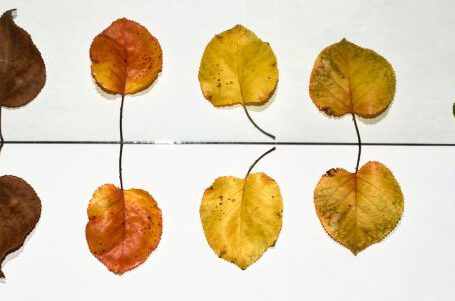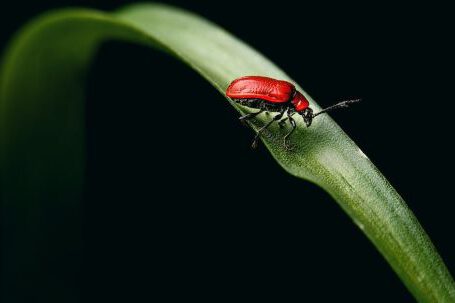Water is essential for the growth and development of plants. It provides them with the necessary nutrients and helps in the process of photosynthesis. However, just like anything else in …
Plant Care
Plants need nutrients to grow and thrive. While soil naturally contains some of these essential nutrients, it is often not enough to support robust plant growth. This is where fertilizers …
Crop rotation is a vital practice in sustainable agriculture that involves the systematic planting of different crops in a particular area over time. This technique offers numerous benefits, such as …
Plants, like humans and animals, require a balanced diet to thrive and grow. While we often think of plants as being self-sufficient in their ability to produce their own food …
Repotting a plant is an important task that every plant owner should know how to do. Whether you are a seasoned gardener or just starting out with your indoor plants, …
Pruning is an essential technique for maintaining the health and vitality of plants. By selectively removing certain parts of a plant, we can encourage new growth, improve the plant's shape, …
When it comes to gardening, one of the key factors for success is ensuring that the plants you choose are compatible with each other. Some plants have a symbiotic relationship, …
Mulching is an important step in maintaining a healthy garden. Not only does it help retain moisture in the soil, but it also suppresses weed growth and regulates soil temperature. …
Plants are living organisms that are susceptible to various diseases, just like humans and animals. As a plant owner, it is essential to be able to identify and diagnose common …
Pests can wreak havoc on our homes and gardens, causing damage to plants, spreading diseases, and even posing a threat to our health. While chemical pesticides may be effective in …
